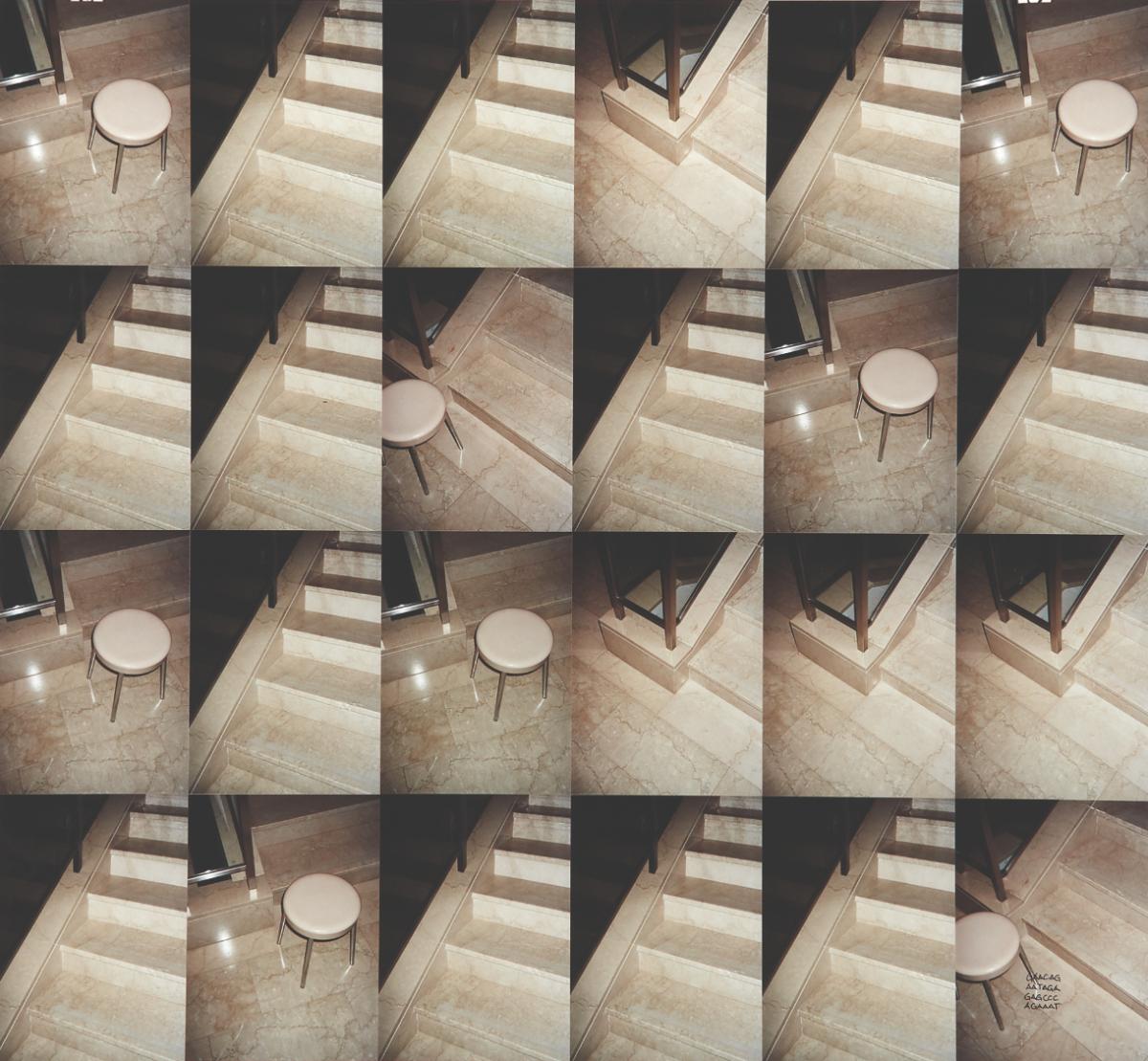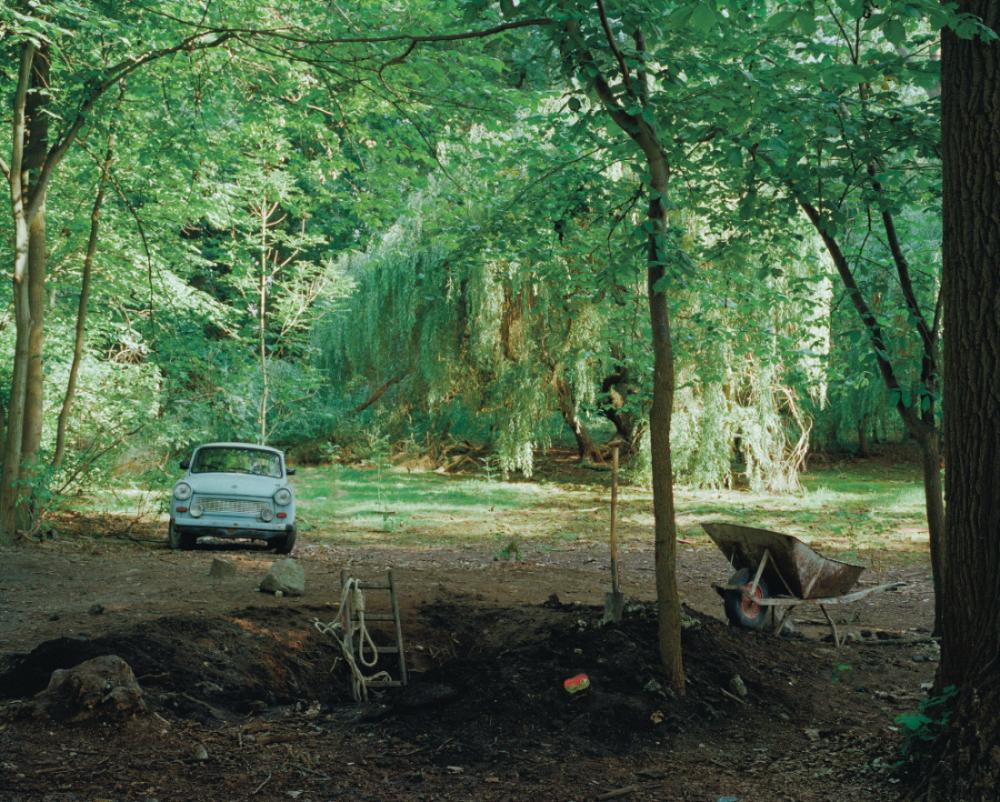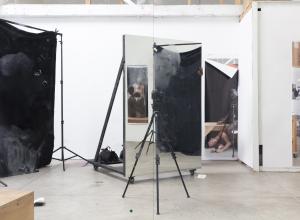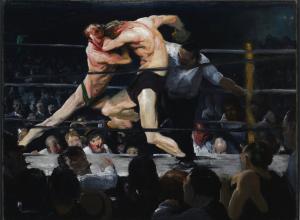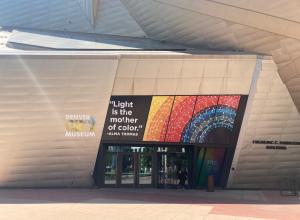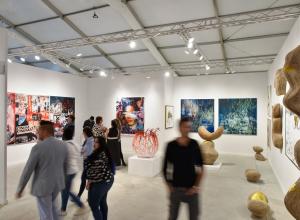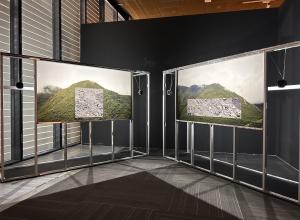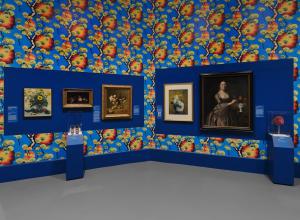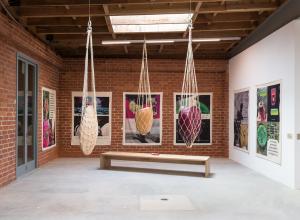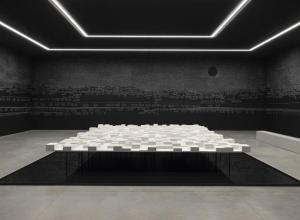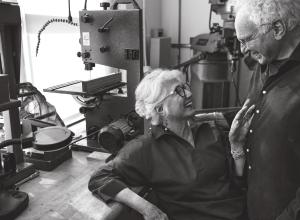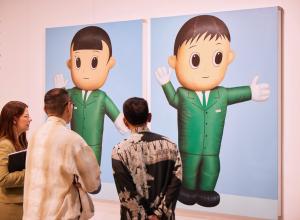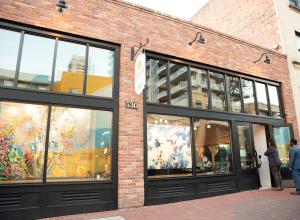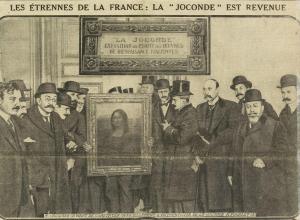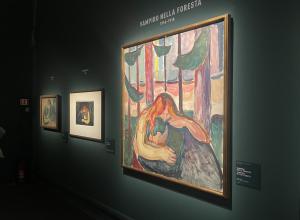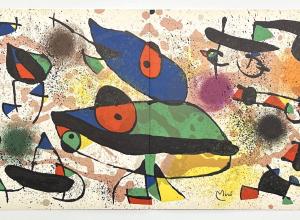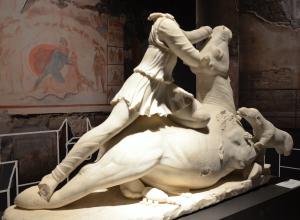This exhibition presents works that use the powerlessness of art—its poverty—vis-à-vis the cybernetic machine to propose countermodels. In addition, the show gathers recent and historical works by artists who believed in cybernetics as a participatory, playful practice or were pioneers in delineating a counter-cybernetics. How much of the “counterforce” (Thomas Pynchon) exists within art when it is conceived as a cybernetics of the poor?
Cybernetics of the Poor was shown in its first iteration at Tabakalera in the spring and summer of 2020. The subtitle of that exhibition, Tutorials, Exercises and Scores, named three different genres curators Diedrich Diederichsen and Oier Etxeberria identified as using either anticybernetic or cybernetic artistic strategies. In addition to presenting a selection of examples of these genres, the show’s second installment in Vienna focuses on cybernetic instruments of social control and methods of circumventing it as well as the art market’s very own economic cybernetics.
Curators
Diedrich Diederichsen, born Hamburg in 1957. In the 1980s, editor and/ or publisher of music journals in Hamburg and Cologne (Sounds, Spex). Since the early 90s university teacher/guest professor in Frankfurt, Stuttgart, Pasadena, Offenbach, München, Weimar, Bremen, Gießen, Wien, Gainesville, Florida, St. Louis, Köln, Salzburg, and Los Angeles. From 1998 to 2007 Professor for Aesthetic Theory/Cultural Studies at Merz-Akademie, Stuttgart. Since 2006 Professor for Theory, Practice, and Communication of Contemporary Art at the Institute for Art History and Cultural Studies at the Academy of Fine Arts, Vienna. Since 1992 he has curated exhibitions in Zürich, Stuttgart, Los Angeles, Berlin, Graz, Vienna and elsewhere.
Most recent book publications: Love and Ethnology – The Colonial Dialectics of Sensitivity (after Hubert Fichte), Berlin/ New York: Sternberg Press, 2019 (English/German) (Co-ed. with Anselm Franke); Körpertreffer – Zur Ästhetik der nachpopulären Künste (Adorno Lectures), Berlin: Suhrkamp, 2017 (German); Über Pop-Musik, Köln: Kiepenheuer & Witsch, 2014 (German); The Whole Earth: California and the Disappearance of the Outside, Berlin/New York: Sternberg Press, 2013 (German/English) (Co-ed. with Anselm Franke)
Diedrich Diederichsen is a contributor to several magazines, dailies and journals in the German speaking world, like Texte zur Kunst, Theater heute, Cargo, Spex, Die Zeit, die tageszeitung, and Süddeutsche Zeitung.





